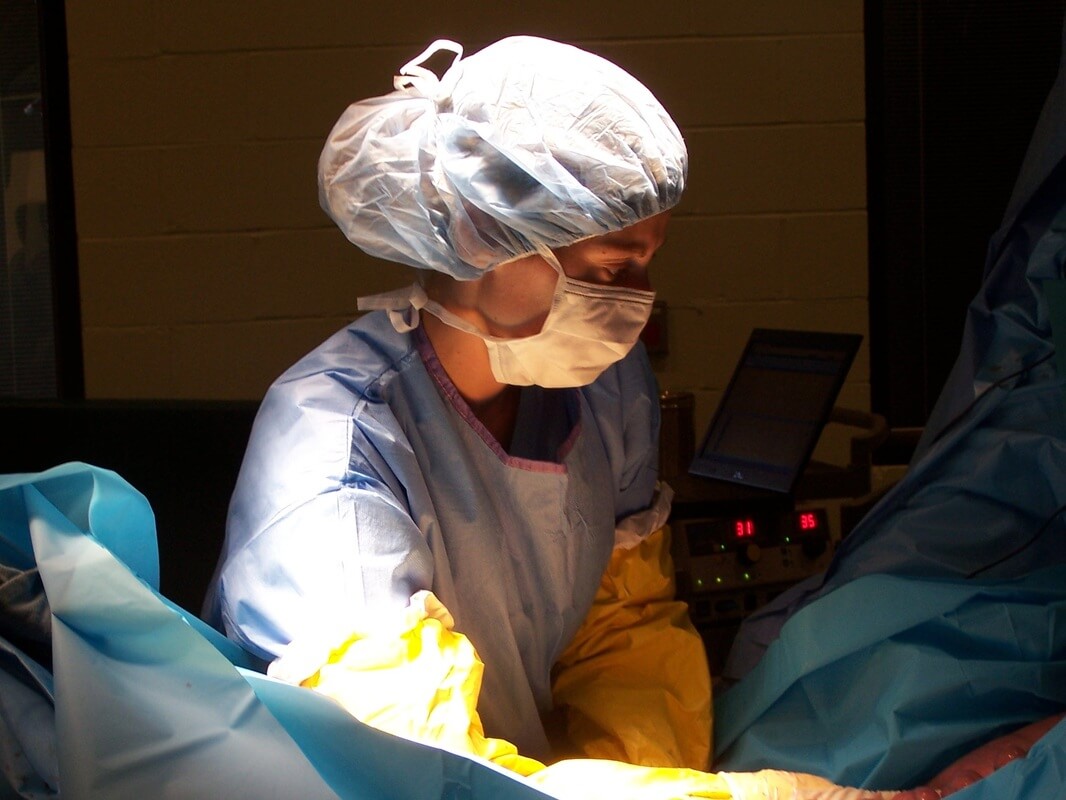
Tennessee Equine Hospital is proud to offer the latest in advanced surgical procedures using new state-of-the-art equipment and facilities. Tennessee Equine Hospital has surgeons on staff that are board certified by the American College of Veterinary Surgeons (ACVS). They are among some of the most respected equine surgeons in the field for their skills, techniques, and advances in equine surgery.
Our surgery team has extensive experience with all types of elective orthopedic and soft tissue procedures, including: upper respiratory, reproductive, and musculoskeletal systems. They also have extensive experience performing emergency surgery on the abdomen (Colic) and other common disorders. With the help of Tennessee Equine Hospital support staff, our surgical team is dedicated to give each horse the best care possible and would be happy to answer any questions you may have as you prepare your equine partner for his or her surgical procedure.
Surgical Procedures offered at Tennessee Equine Hospital
- Laparotomy/Laparoscopy (Colic/Abdominal Surgery)
- Arthroscopic Surgery
- Upper Airway Surgery
- Urogenital/Reproductive Surgery
- Sinonasal/Dental Surgery
- Fracture Repair
- Oncology/Mass Removal
- General Reconstructive Surgery/Laceration Repair
- Ophthalmic Surgery (Eye Surgery)
Common Surgery FAQs
- Lameness
- Fractures
- Colic
- Respiratory disease
- Reproductive problems
- Lacerations
- Neoplasia
